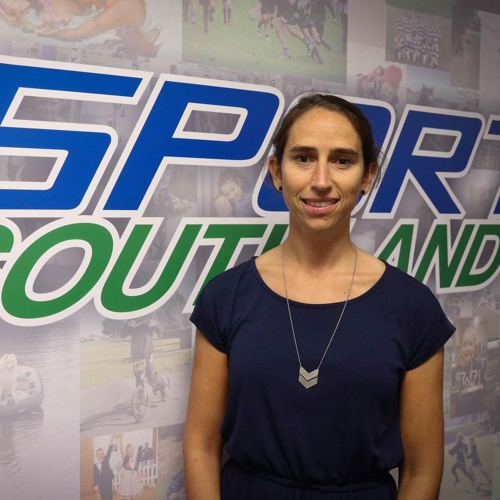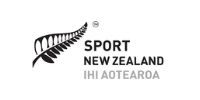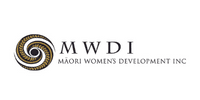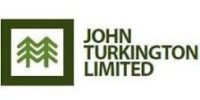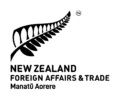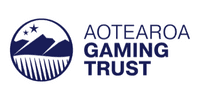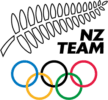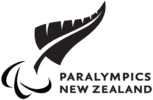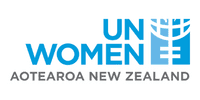“Sport has enabled me to experience success and failure, it has taught me to lead myself and others, it has taught me about respect, about tolerance, about time management, about goal setting, about relationships, about lots of things. Sport is a rich and fun context for people to socialise and grow, individually and as a community.” Luciana Garcia, Women in Sport Murihiku Board Member
Women in Sport Murihiku Board Member, Luciana Garcia, graciously agreed to speak at our recent 2018 – 2019 Annual General Meeting. After hearing her speak both then and at the Sport NZ Women + Girls Summit, we knew her take on the story behind Women in Sport Murihiku was one we wanted to share. As a team, they are our first example of the important work regions can do in promoting equity and accessibility for women and girls in sport.
Luciana’s experience as an international competitor, national coach and current General Manager of Southland Sport gave us a unique insight into the challenges Southland women and girls face in pursuing sport as a recreational activity, or as a career.
Here, with permission, we share the collective path to establishing the first Women in Sport Aotearoa Regional Hub, the learnings along the way and a step-by-step plan of how Women in Sport Murihiku was formed.
What came first – hearing about Women in Sport Aotearoa, or wanting to start a regional hub?
Through my work at Sport Southland, I met Julie Paterson (co-Founder and co-Chair Women in Sport Aotearoa and CEO, Tennis New Zealand) a few years ago and heard about her amazing experience with the Women in Sport mentoring programme. Back then, the concept of Women in Sport Aotearoa was just starting to emerge. I stayed connected with Julie and heard about the work her group had started to lead. In November 2017, Julie was coming down to Southland as part of her work commitments. Sport Southland saw this as an opportunity to host a breakfast session and have Julie as the guest speaker to share her experiences in the sport sector and tell us about her new organisation.
Why did you want to work with Women in Sport Aotearoa to establish the Murihiku hub?
After the breakfast session with Julie, a core group of people were keen to do something at a regional level to ensure ‘Southland women and girls are valued, visible and influential in Sport’. We felt Women in Sport Aotearoa was ahead of the game at a national level, and their strategy resonated with us very well. We thought developing a network at a regional level could be really powerful, and we held our first working group meeting in February 2018.
Why was it important to establish a regional hub in Southland?
Although there are some broad trends across the country when it comes to girls and women in sport, each region is different. We spent some time capturing and analysing data to understand how girls and women are represented in sport in Southland at different level, as participants and as leaders.
Supporting the data was our local knowledge, which told us that Southland girls and women do well at a performance level and are well represented, considering the size of our population. Over the last few years Southland has produced a number of high-performance female athletes that have achieved results at national and international level.
However in 2018, the regional newspaper decided to cut their local sport stories, so the opportunities to celebrate and profile successful local athletes became very limited.
All these factors made Women in Sport Murihiku seem crucial to support girls and women in the area, and we felt a locally-led approach would be much more meaningful and impactful.
What would you say are the benefits to the region in setting their own one up?
We wanted to better understand what worked well in our region, by taking a collaborative approach. We believe having an independent voice that advocates for girls and women in sport can be very powerful and influential. We are seeing the impact Women in Sport Aotearoa is having at a national level, but sometimes those messages don’t filter down to the regions. We have local leaders that strongly believe on the value of girls and women in sport, so having them waving the flag and spreading their message within their circles of influence could be an important way forward.
What would you say to anyone else considering establishing a local hub?
Take the time to understand your region, connect with people in and outside the sporting sector and engage with them once that have already started the journey and learn from them.
Getting started:
- The first working group meeting was a great space to align our values, purpose and actions. We discussed our why, the alignment to Women in Sport Aotearoa and workshopped the potential priority areas
- Developed a strategic plan in alignment with WISPA
- Developed a Communications Plan
- Began to gather data and analysis to understand Southland’s reality in regards to women and girls in sport
- Implemented a Communications Plan
- Creating a Facebook page delivered great engagement and enquiries
- Produced and shared stories profiling local girls and women from the sector
The Women in Sport Aotearoa Strategic Plan is built on five key pillars – one of which is ‘Lead the Change’. With a strategic intent to connect and empower a wide network of engaged champions, one of our key goals is to establish a nationwide network of regional Women in Sport Aotearoa Hubs.
These hubs work independently but with the support of our Executive team, focus on advocacy to increase visibility, participation and accessibility at a local level. For communities wanting to inspire and empower women and girls in sport and active recreation in their area, establishing a Hub is a great way to gather key influencers together and develop a pathway for advocacy.
We welcome any Regional Sports Trusts or local influencers in the sporting and recreation sectors to reach out to us, to explore the opportunities of creating a regional Women in Sport Aotearoa hub in their neck of the woods.
Enquiries can be directed to Jodie@womeninsport.org.nz.
Luciana Garcia is the General Manager for Sport Southland, a not-for-profit Regional Sports Trust. With offices in Invercargill and Gore and programmes and supporting initiatives Southland-wide, Luciana and her team work to get every Southlander active every day.
Click here to view or download our latest Annual Report for the 2018 – 2019 financial year.

